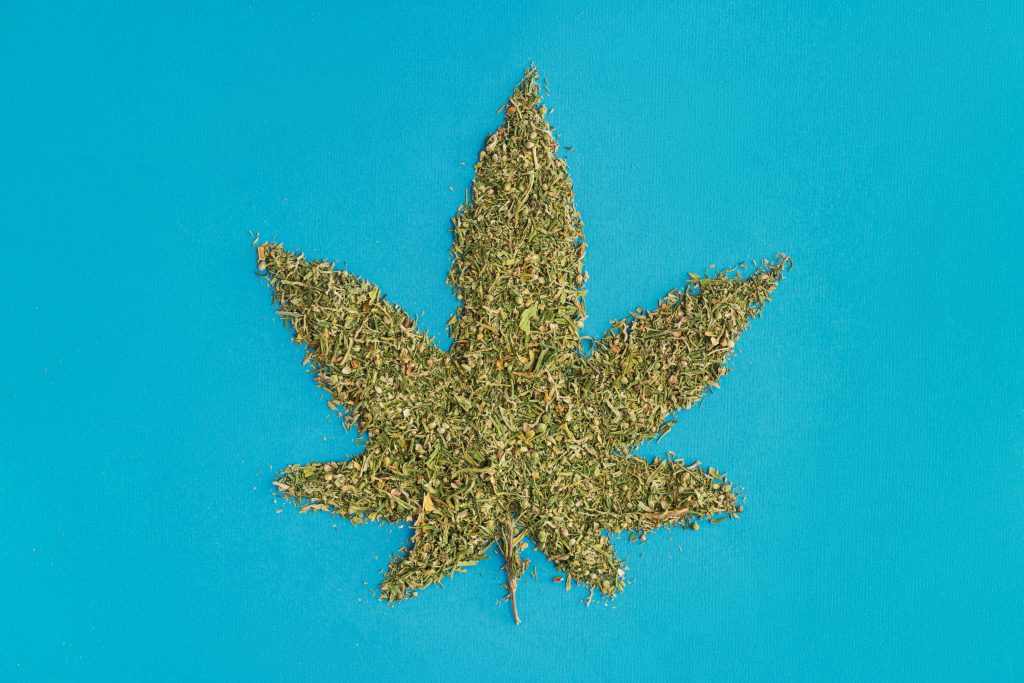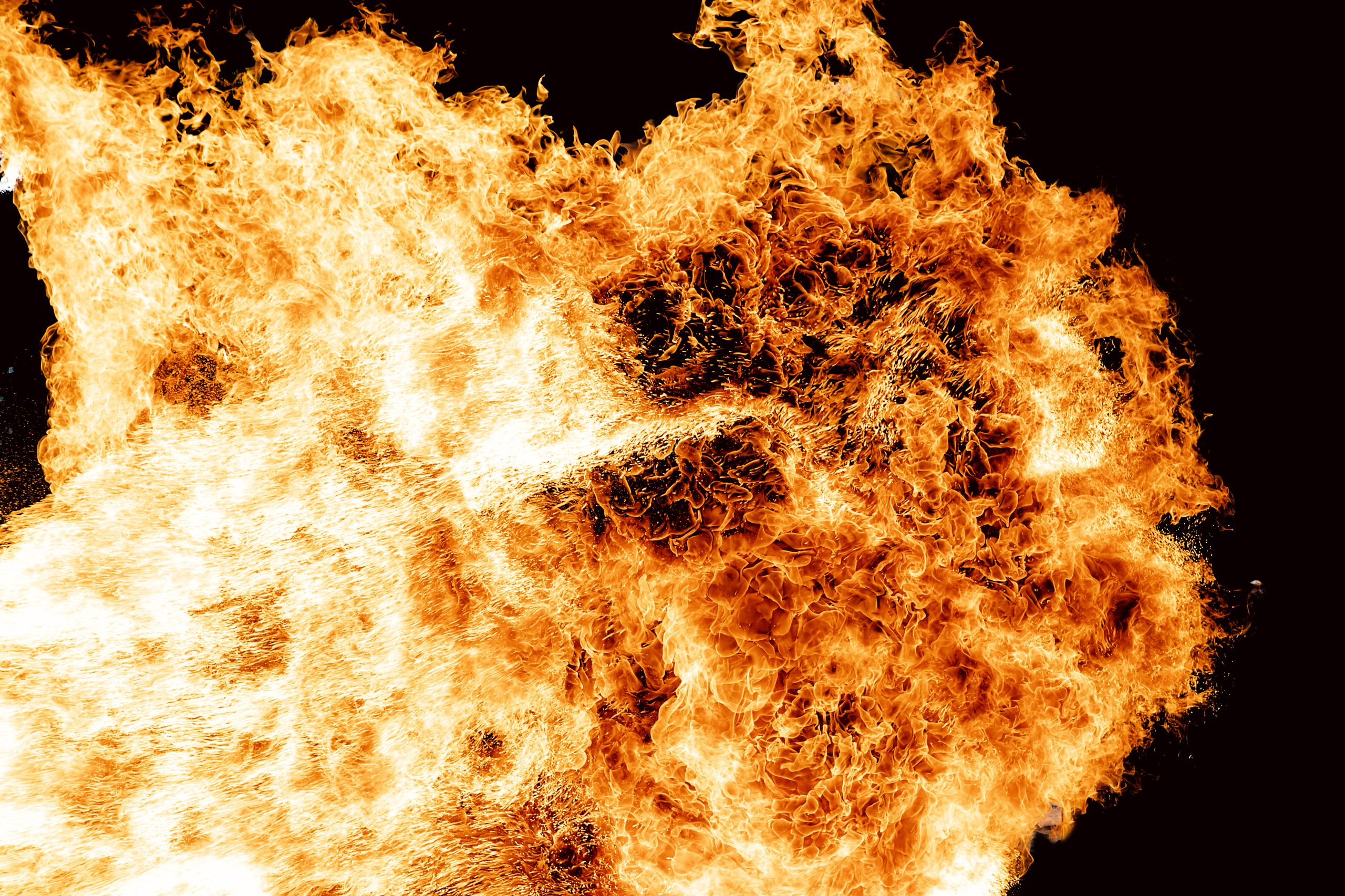

What’s Inside:
Weed addiction treatment is becoming crucial for those struggling with marijuana use. Therefore, let’s explore key questions to better assist.
Treatment for weed addiction includes various therapies to help individuals quit marijuana and enhance their quality of life. Specifically, this can range from behavioral therapy and support groups to, in some cases, medication-assisted treatment.
The date April 20 (4/20) is often associated with cannabis culture. For some, it can trigger a realization to seek help due to the increased focus on marijuana during this period.
THC addiction refers to the dependence on the psychoactive component found in marijuana, THC. Indeed, THC is crucial in weed addiction, as it causes the ‘high’ that, consequently, can lead to psychological dependence.
Yes, THC addiction treatment may include behavioral therapies and, in some cases, pharmacological treatments. Medications like naltrexone may reduce THC’s rewarding effects in weed addiction, but further research is needed.
Signs of weed addiction are a strong urge to use, failed attempts to cut back, and excessive time spent on use.
Weed addiction symptoms often manifest as craving, increased tolerance, withdrawal symptoms in the absence of the drug, and continued use despite the occurrence of related problems.
The side effects of weed addiction can include cognitive impairments, memory issues, mood swings, reduced motivation, and changes in social behavior.
Yes, weed addiction rehab is available and provides a structured treatment environment that offers individual and group therapy, education on addiction, and tools for managing cravings and avoiding relapse.
Getting help for weed addiction begins with recognizing the problem and contacting a healthcare provider or specialized rehab center.
Strategies on how to stop weed addiction include behavioral therapy, developing a strong support network, engaging in healthy activities, and in some cases, medication-assisted treatment.
Understanding the need for weed addiction treatment starts with self-reflection and recognizing the impact the substance is having on your life. If marijuana use causes distress, impairs function, or leads to financial, legal, or relationship issues, it’s time to seek help.
Acknowledging the struggle with marijuana is a critical first step, and the symptoms can be subtle. It’s not uncommon for individuals to dismiss weed addiction symptoms, attributing them to stress or other life events. However, If marijuana use dominates your daily life, affects planning, or causes withdrawal symptoms like irritability, these are signs of addiction.
Despite changing societal views and legalization, the risk of developing a marijuana addiction still exists. This is especially true as the potency of marijuana, as indicated by THC levels, has increased over the years.
As we better understand the nuances of marijuana use and its potential for addiction, support systems have evolved. Weed addiction rehab and treatment programs are more accessible than ever before, offering a range of services tailored to individual needs.
If you believe you or a loved one may benefit from weed addiction treatment, please don’t hesitate to reach out for help. At Uplift Recovery, we understand the complexities of marijuana use and provide evidence-based treatment designed to support recovery. You can call us at 866-979-5848 for more information and to discuss how we can assist you in your journey to recovery. Remember, seeking help is a sign of strength, and taking the first step towards recovery can lead you to a healthier, more fulfilling life.
